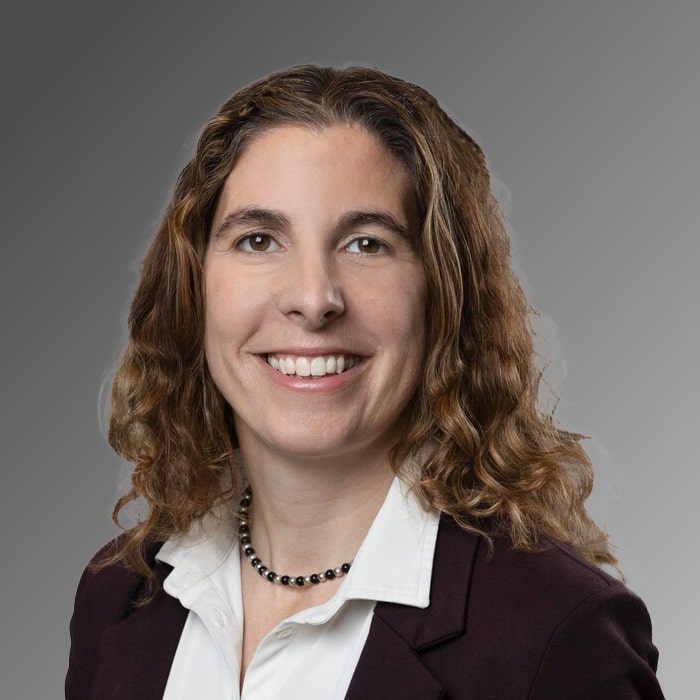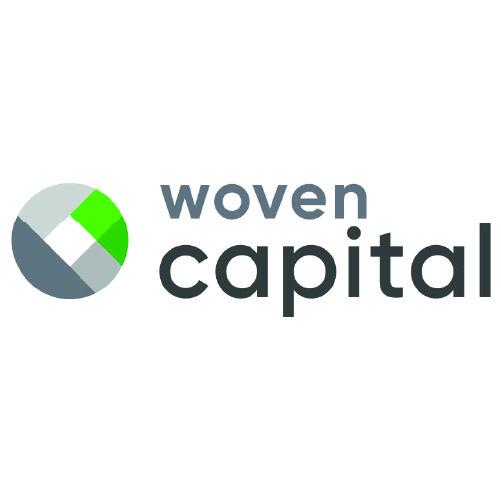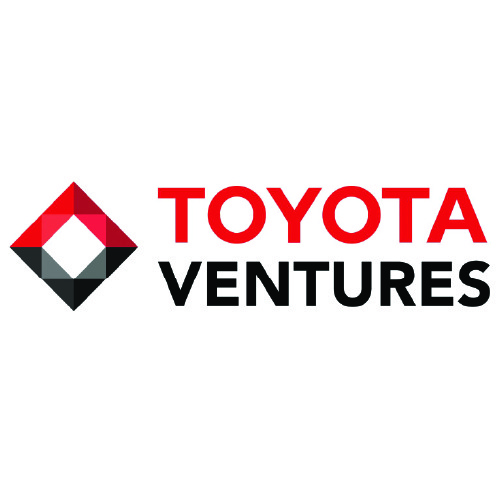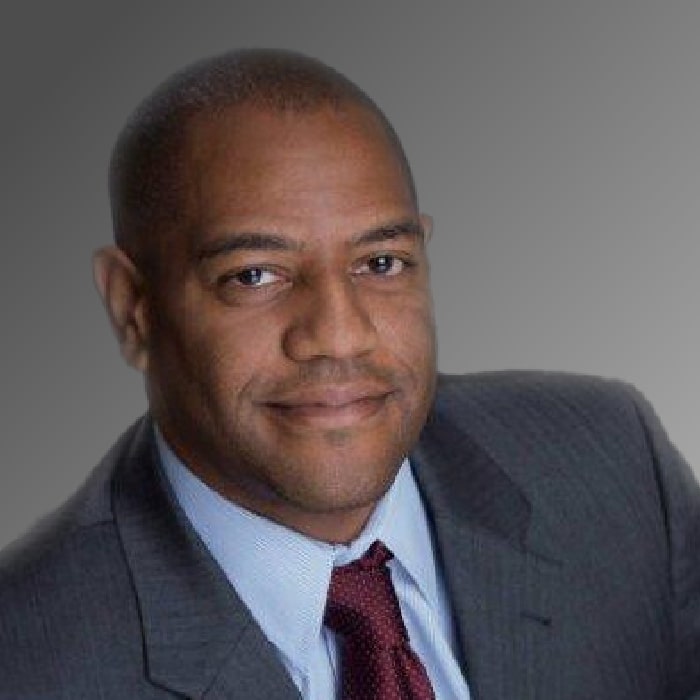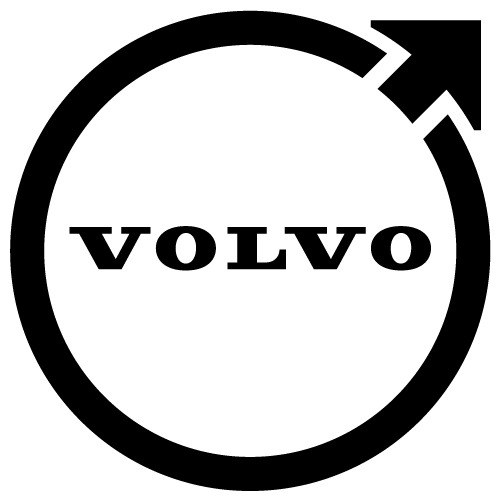BMW i Ventures’ Guzel Measures Success on Internal Return Rather than Fund Return
May 13, 2024
Interviewed by Nicolas Sauvage on June 11, 2021
BMW i Ventures Partner Baris Guzel says he wants his firm to invest in early-stage companies that demonstrate the potential to scale. Only then can they create strategic value for BMW Group. Scalability is among the many points on which he collects data on the industries and portfolio companies in which BMW i Ventures participates.
Speaking with Corporate Venture Insider host and TDK Ventures President Nicolas Sauvage, Baris told TDK Ventures President and podcast host Nicolas Sauvage that data-driven decision-making helps manage internal expectations and balance an investment philosophy that generates returns that justify risk.
The BMW i Ventures Evolution
After obtaining his industrial engineering degree from Istanbul Tech, Turkey. Baris furthered his education in North Carolina. First, he earned a master’s degree in engineering and technology management from Duke University before taking an MBA at the University of North Carolina.
From there, Baris joked, he crossed over to the “dark side” of the financial sector — investment banking. He worked at BFA Merrill Lynch in New York and for Deutsche Bank’s technology and investment banking practice, where he gained experience with SaaS startups. That led him to work with institutional venture capital funds in Silicon Valley. He joined BMW i Ventures in 2017.
Baris said his technical, engineering, and financial background prepared him well for a position in corporate venture capital.
“My first job experience was on the manufacturing floor of Daimler’s bus plant,” he remembered. “I was programming CNC machines and going through all those different manufacturing methodologies, injection molding, die casting, doing Kaizen studies — things you would not see on my LinkedIn profile.”
Nearly two decades later, he said, he made his first investment at BMW i Ventures in a manufacturing marketplace company.
“The dots connect in ways you would not be able to imagine at the beginning,” he observed.
Less than 10 years after BMW i Ventures was founded in 2011 with a traditional corporate venture capital fund structure, company executives realized the need for bolder, faster action.
“So, from small check sizes and internal pool processes, we have become a national institutional VC fund with BMW as the sole investment partner,” Baris said. “The idea is to have the best of both worlds — speed, flexibility, and financial focus. My financial background helps because it gives me deep domain expertise. An ample network in an engineering powerhouse like BMW allows me to work closely with internal colleagues to vet opportunities.”
The Need for Speed
The BMW i Ventures website highlights the fund’s strength as “combining execution speed and foresight with the value add of a long-term strategic partner.” Baris said that the speed component is critical for him.
“Given my background with institutional VC sites, I am happy that we have put pretty much the same process in place here at BMW,” he said. “We are fully independent in our decision-making process. Like a typical institutional VC fund, we’ve got partners meeting on Monday mornings, and we move very quickly, as we do not need any internal approval.”
He explained that BMW i Ventures operates as a team. The 12 members assess deals and make decisions within the fund structure, creating term sheets in a workflow similar to institutional funds. The input the team receives from internal colleagues weighs heavily, but fund members make the final decisions and answer for the results.
He said we are experiencing an unprecedented period, with plentiful “capital inflow coming straight out of Silicon Valley to make investments in intriguing companies, which means that you have to act much faster than one could imagine,” Baris said. “You cannot just (tell startups) ‘come back in three to six months,’ because the top opportunities are not going to be out there staying for long. That’s why it’s important to be nimble and make decisions based on the facts in hand while still trying to tap into existing know-how and domain knowledge that we have internally. When we look at our return profile, we have financial goals in strategically relevant verticals.”
Looking Inward
While most corporate venture firms may consider fund returns as the key metric, Baris said BMW i Ventures’ focus on internal returns makes sense, especially given the weight it assigns to moving quickly.
“With an institutional LP for a traditional venture capital fund — large endowments, large family offices, or a traditional corporate VC model — as a money manager, what you’re looking at all the time you’re benchmarking yourself is optimum capital allocation,” he explained. “That means typically you allocate certain parts of the pie into different asset classes, and then you compare them in terms of a return profile.”
Since it may be possible to make risk-free investments in an interest asset class earning as much as 5%, capital investors must show more robust returns to compensate for the huge risk they undertake.
“If I do not beat that, then there are substantial issues because venture capital is known to be one of the highest beta investment classes out there. So, this goes back to the traditional CAPA model.”
He said BMW i Ventures uses the capital asset pricing model to evaluate investment opportunities’ volatility and determine if and where each fits in the return profile. The goal is to achieve an attractive return profile within the relatively higher risk profile inherent in venture capital with the understanding that most startups will die before they deliver a profit.
Defining KPIs
Baris said aligning strategic and financial key performance indicators is a moving target.
“We keep learning every single day, just like our mothership,” he acknowledged. “Corporate goals shift rapidly over time, with new topics becoming a lot more interesting and relevant. So, we typically try to work as closely as possible with internal colleagues to identify their current priorities.”
He said part of the fund’s due diligence includes performing deep dives into those interesting emerging verticals, building knowledge bases in those domains, and gaining a foundation in their market dynamics.
“In helping those startups connect with our colleagues internally and get their perspective over time (puts us in contact with) 10, 15, 20 different companies in the same vertical,” Baris said. “Number one, you build a certain understanding of the market. Number two, you engage with the most interesting customers — essentially my colleagues and the amazing engineers internally that BMW has — so all of a sudden you get a unique perspective on markets and players. That helps you connect the entire process.”
Maintaining close contact with the BMW Technology Office is easier because many of the mothership’s tech development team members visit BMW’s Mountain Technology Office, where the venture capital team is based, to test emerging technologies, Baris said. That enables a symbiotic relationship.
“We literally sit right next to each other, which helps also facilitate those serendipitous conversations that lead to insights,” he noted.
Tipping the Scale
Baris acknowledged his affinity for scalable startups.
“There are two components of that,” he said. “Number one, very early on, I think investing is more of an art than science. This means that nobody has a very good understanding of what’s going to happen in 10 years. (Investing in early-stage companies) is so much closer to art than science. It’s very hard to estimate how big this business could become.”
Baris said to become comfortable enough to bet on one interesting opportunity means he must also turn down dozens of other opportunities in competing space. If he’s going to make that kind of commitment in time and money, his portfolio companies must create strategic value, which is the second part of scalability, he said.
“If you’re that early in your value chain and your company’s life cycle, then it’s going be very hard to create value for BMW as well,” he explained. “Car companies have famously high thresholds for performance. (Value creation) is a curse because it’s not easy to reach. But it’s also a blessing because, over a certain threshold, you are in a space where the sales are extremely sticky. If your goal is building a sustainable business over time that you’re betting your money and your career on, you have to be a bit more diligent. This goes back to the data because in this space, as (engineer W. Edwards) Deming said, ‘Without data, you’re just somebody else with an opinion.’ To me, without data, you’re just another user investment thesis. It doesn’t matter much.”

 BMW i Ventures Partner Baris Guzel only wants to invest in early-stage companies that have the potential to scale so they create strategic value for BMW Group.
BMW i Ventures Partner Baris Guzel only wants to invest in early-stage companies that have the potential to scale so they create strategic value for BMW Group. 









